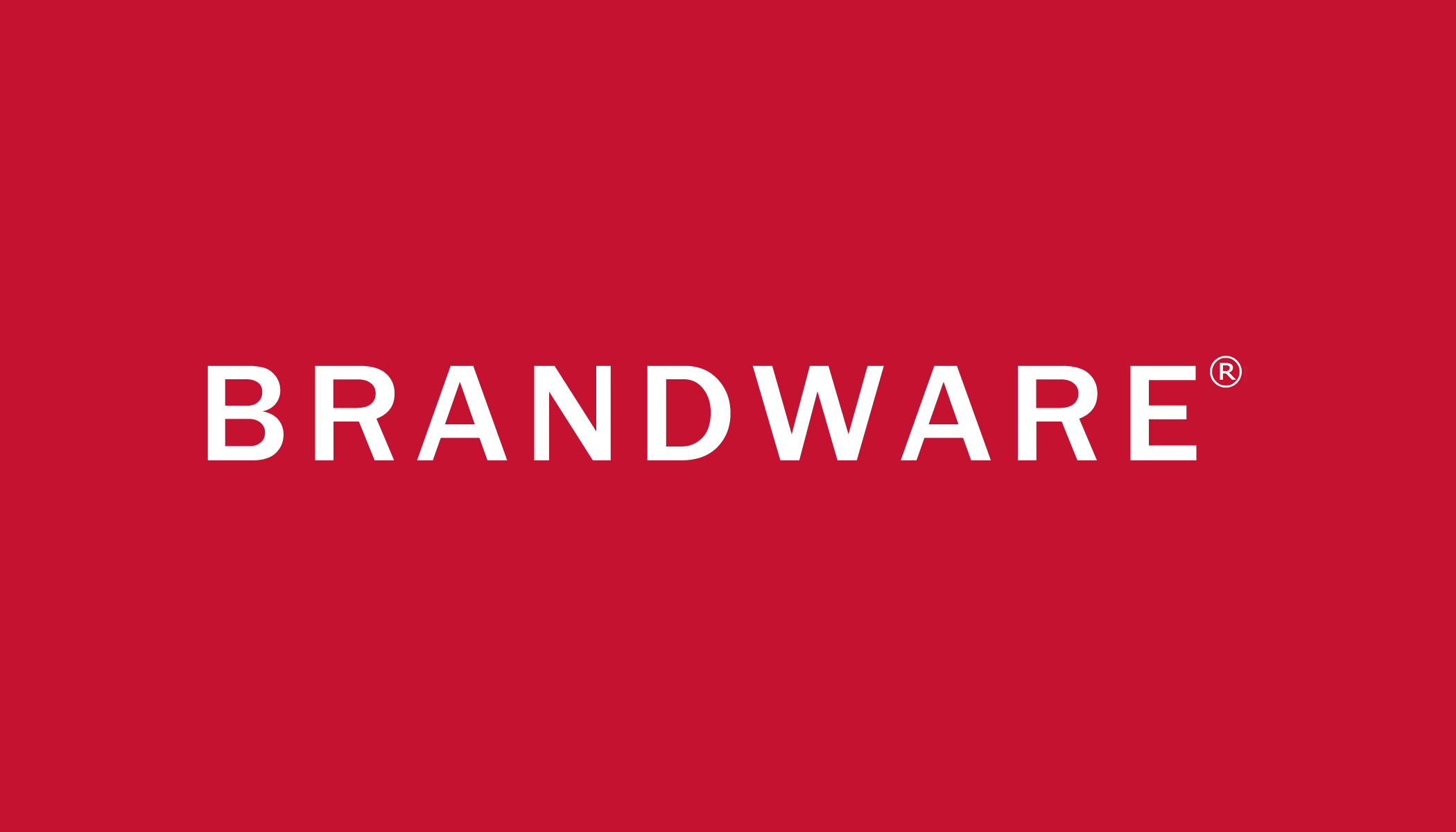Communications in the Changing World of Social Activism
The traditional perspective in the business world is for corporations, big and small, to keep their head down and mind their own business. Companies should not have an opinion on matters outside of their business category and should certainly stay out of political debates. However, trending hashtag activism is forcing a change in the status quo. Organizations can no longer afford to sit on the sidelines while consumers choose brands that share their values and support their causes.
Companies should not fear the changing of the guard, but rather embrace the shift in perspective. These social issues are complex and sensitive, and the key point for corporations navigating this environment is two-fold.
- First, companies must clearly establish their brand values. Both internally and externally, these values must be communicated so employees, the public and members of the media know what a company stands for.
- Second, companies must tie these values into the current climate. There should not be any ambiguity in where your organization stands. Failure to stand up and communicate your beliefs could be interpreted as agreement or indifference towards an issue.
Major companies are catching on, and they have shown a willingness to lose millions of dollars in the short-term, if necessary, to stay true to their brand values. After recent events and a nationwide discussion on gun laws, Delta passed on a $38 million tax exemption while Dick’s Sporting Goods and Walmart revamped their gun policies. ABC cancelled its “Roseanne” reboot a matter of hours after a racist tweet from the show’s star.
Corporate social awareness is here to stay and here are three ways companies should embrace the trend:
1. Ethical Leadership
Ethical decision making starts at the top and works its way through the culture of a company. Get ahead of issues by listening to employees and encouraging diversity of both personnel and ideas. Engage in corporate social responsibility initiatives to expand your brand. Good ethical leadership can influence clients or customers, attract top level talent and help establish your brand.
2. Social Media
Social media can expose companies to intense amount of ridicule, but it is also one of the most effective tools for communicating your message and engaging directly with your customers. This forum gives you a direct connection with your audience to position your company however you see fit. Social media should be used to own your narrative and participate in the conversation. Don’t be the reason for the conversation being had in the first place. Companies that find themselves in that position must react with speed and clarity.
3. Messaging
It is crucial for companies to stay on message; even when commenting on current events. Yes, companies should stake a stand on certain issues and avoid complete silence, but they need to remain organized and concise in doing so. Companies need to comment on how they are working to combat an issue or what they are doing to help, not just make a statement for the sake of it.
The time has come for companies to play an active role in our social environment. CEO’s need to take initiative in establishing good ethical leadership to build trust and credibility with their customers.
If you would like more information on how to communicate your voice and ideas, we’re here to help.
